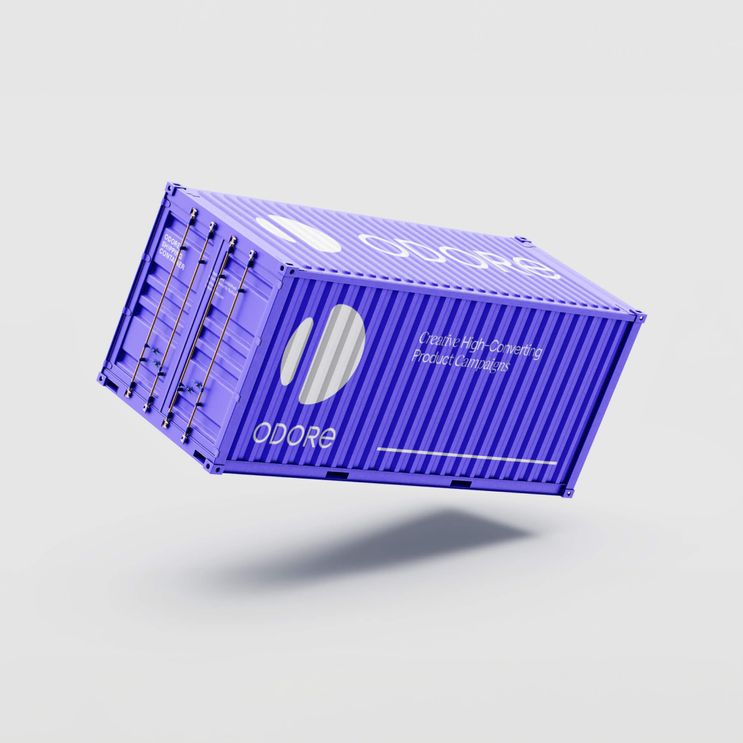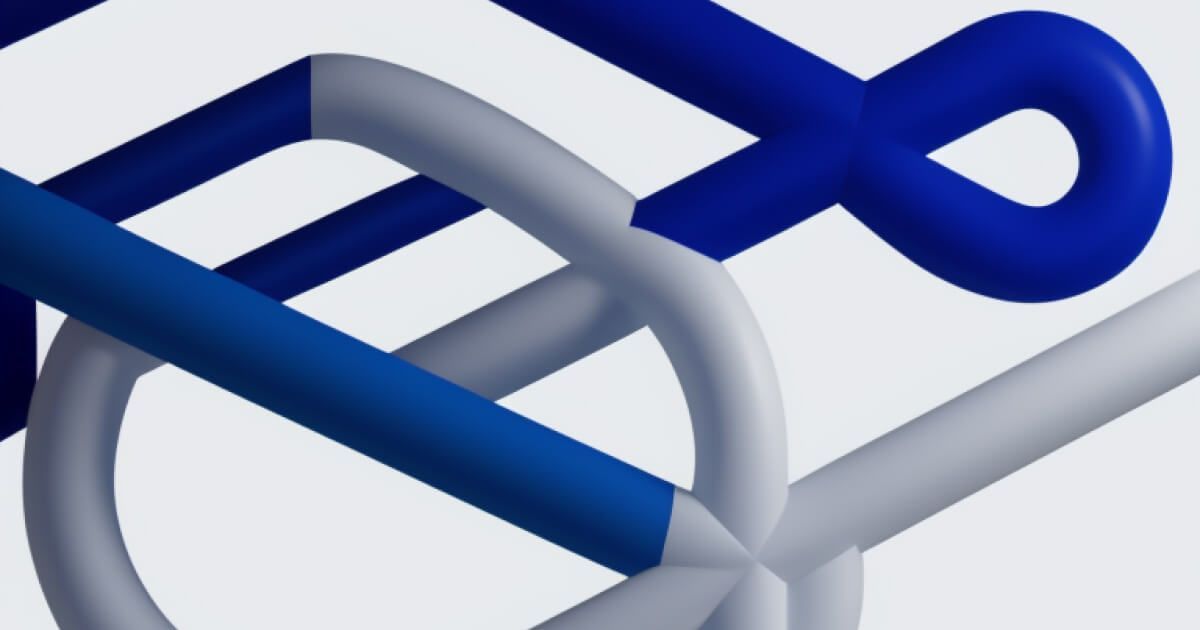Design
6 min read
Champions of the Market: The Unstoppable Surge of Hero Brands
Hero branding invokes the spirit of courage, resilience, and triumph.
Tapping into our collective admiration for valour, determination, and empowerment, these brands position themselves as beacons of inspiration and models of success. In a market arena filled with challenges, hero brands emerge as defenders of the right way, forging paths through adversity and championing causes.
The Magnetism of Hero Brands
The primary magnetism of hero brands is their capability to inspire and motivate. In a market saturated with neutral or even passive brand narratives, hero brands incite a sense of motivation and aspiration, capturing the attention of consumers who yearn to be part of a larger mission or goal. They evoke a spirit of boldness and endeavour, resonating with those who wish to witness or contribute to real, impactful change.
Hero brands promote a feeling of empowerment and encouragement. Their proactive and visionary ethos pulls in those who appreciate audacity, change-making, and fearlessness, cultivating a brand relationship that often goes beyond mere transactional interactions.
Moreover, they foster a deep sense of community engagement, creating platforms where like-minded individuals can come together, share stories, and champion the brand’s causes collectively. This aspect of hero branding not only amplifies the impact but also builds a loyal consumer base rooted in shared values and aspirations.
Examples of Hero Brands
- Nike: “Just Do It.” Nike’s iconic slogan resonates with the hero brand archetype. They inspire athletes and individuals worldwide to break barriers, achieve their goals, and defy conventions, positioning Nike as a staple hero brand.
- Tesla: Tesla’s mission “to accelerate the world’s transition to sustainable energy” epitomises the hero branding archetype. Spearheading innovation and challenging the status quo, Tesla represents the vision of a sustainable future.
- Bombas: This sock company operates with the mission to provide comfort for everyone. For every pair of socks purchased, another pair is donated to homeless shelters. Their entire business model revolves around making a difference.
- Burt’s Bees: While now more mainstream, Burt’s Bees started as a small brand with a big commitment to natural products and sustainability. Their dedication to maintaining the welfare of bees and educating the public about the importance of biodiversity sets them apart.
- Ecosia: A search engine with a twist, Ecosia uses its ad revenue to plant trees. They’re on a mission to combat climate change and have planted millions of trees, transforming search engine users into environmental heroes.
- Who Gives A Crap: This brand sells toilet paper, tissues, and paper towels made from environmentally friendly materials. Furthermore, they donate 50% of their profits to help build toilets for those in need, tackling sanitation issues worldwide.
- Rothy’s: A footwear brand that manufactures shoes from recycled plastic bottles. Their commitment to sustainable fashion and reducing waste places them firmly in the hero category for eco-conscious consumers.
- Under Armour: Aiming to empower athletes everywhere, Under Armour’s commitment to innovation and peak performance aligns with the hero archetype. Their focus is on overcoming challenges and emerging victorious.
The Potential Hurdles
The hero branding, while magnetic, is not without its challenges. As these brands pledge to bring about change or champion causes, they must constantly validate their claims with real actions. Any perceived hypocrisy or inconsistency in their proclaimed values versus their actions can severely dent their reputation, as they are held to a lofty standard of change-making and authenticity.
For instance, if a brand like Tesla were to face allegations regarding unsustainable practices, it could starkly contrast its hero branding, causing significant reputational damage.
A Case Study in Reputation Management
A pertinent example of a hero brand navigating choppy waters is Facebook (now Meta). Positioned as a platform to connect the world, it has faced various challenges. From data privacy concerns to alleged propagation of fake news, these issues stand in contrast to its proclaimed mission. Such controversies underscore the importance for hero brands to maintain transparency and adhere to their core values consistently.
Hero branding offers a powerful strategy for businesses aiming to inspire and rally their consumers behind a greater purpose. While potential hurdles exist, when done right, hero branding can instill an unmatched sense of loyalty and admiration among consumers.
As the modern consumer becomes increasingly concerned with brand values and missions, we can anticipate more brands adopting this valiant and purpose-driven approach, redefining the parameters of branding and positioning in the market. By fostering community engagement and nurturing a sense of belonging, hero brands have the potential to transform not just their market position, but also influence societal norms and values in a positive direction.























